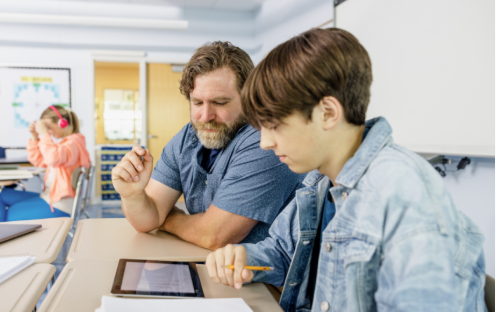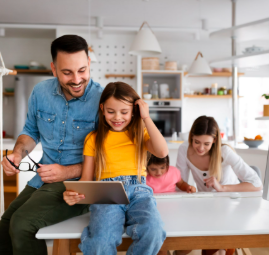Creating a personalized learning plan is a powerful way for students to take control of their education by aligning academic goals with personal interests, learning styles, and long-term aspirations. In 2025, with a growing emphasis on flexible and learner-centered education models, personalized plans are more accessible and effective than ever before.
A personalized learning plan begins with self-assessment. Students should reflect on their academic strengths, challenges, preferred learning methods, and areas of curiosity. Understanding whether one learns best through reading, hands-on activities, videos, or group discussions helps shape a learning plan that supports retention and motivation. Tools like learning style inventories and goal-setting worksheets can provide structure during this process. Students can also evaluate past performances and feedback to identify patterns that can inform their future academic approach.
Next, students should define clear, measurable goals. These might include improving performance in specific subjects, mastering a new skill, or preparing for standardized tests or college applications. Goals should follow the SMART criteria—specific, measurable, achievable, relevant, and time-bound—to ensure clarity and focus. Students can also categorize their goals into short-term and long-term, allowing them to maintain both immediate progress and broader ambitions.
Once goals are identified, students can outline the resources and strategies they will use. This may include enrolling in certain classes, using digital learning platforms, joining study groups, attending workshops, or scheduling regular tutoring sessions. Online platforms such as Khan Academy, Coursera, Duolingo, and Edmodo offer customizable learning paths that can be aligned with student goals. Libraries, podcasts, and YouTube channels also serve as valuable learning tools, especially for self-motivated learners.
Time management plays a critical role in a successful learning plan. Students should build a daily or weekly schedule that includes time for focused study, breaks, extracurriculars, and self-care. Using calendar apps or task managers like Google Calendar, Notion, or Trello helps students track their progress, prioritize tasks, and stay organized. Visual tools such as Gantt charts or study planners can enhance time awareness and reduce last-minute stress.
Regular check-ins and revisions are essential to keep the plan effective. Students should review their progress every few weeks, evaluate what’s working, and adjust their strategies as needed. These reflections might involve questions such as: Am I meeting my deadlines? Do I need more help in a specific subject? Should I adjust my study routine? Involving teachers, mentors, or parents in the review process provides support and accountability. These mentors can offer suggestions, encouragement, and access to additional resources.
A personalized learning plan also fosters independence and responsibility. When students are actively involved in shaping their educational journey, they become more motivated and engaged. This approach supports deeper learning and equips students with lifelong skills in goal setting, planning, and self-reflection. It also nurtures confidence, as learners see how their efforts lead to tangible progress.
Additionally, a well-designed plan should include flexibility. Life is unpredictable, and students need to be prepared to adjust their strategies when unexpected events arise. Building buffer times into the schedule and having backup resources can help students stay on track even when challenges occur.
In 2025, educational institutions increasingly recognize the value of personalized learning. Many schools are adopting adaptive learning technologies that adjust content to individual student progress. These tools help provide immediate feedback, personalized quizzes, and tailored assignments to support continuous improvement.
By creating a personalized learning plan, students in 2025 can tailor their education to fit their unique strengths and aspirations. As educational tools and technologies continue to evolve, personalized learning remains a valuable strategy for achieving academic success and building confidence in one’s ability to learn effectively. With ongoing reflection, adaptation, and support, students can navigate their educational journey with clarity and purpose.














